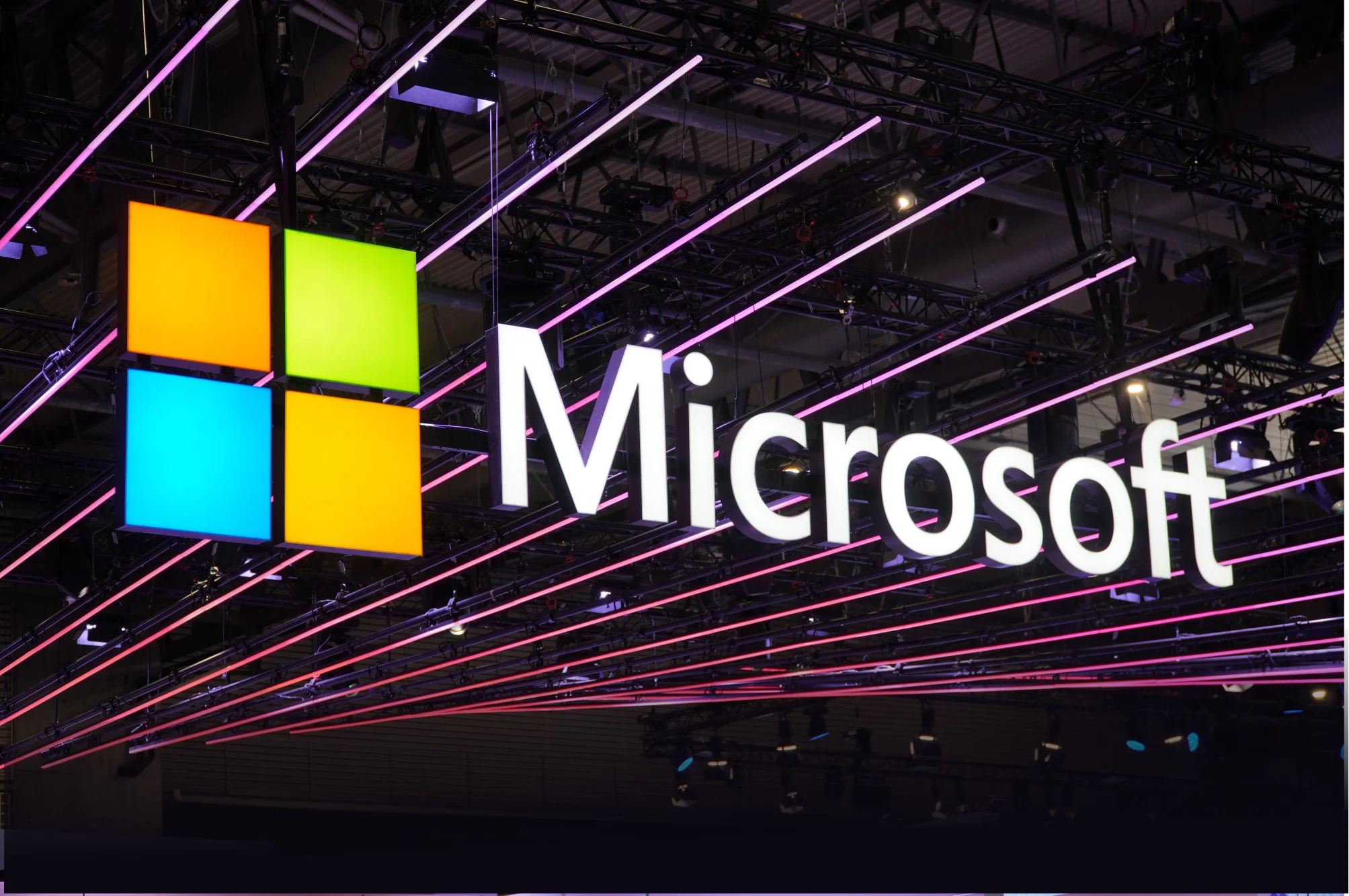In a significant move to appease European Union antitrust regulators, Microsoft has officially begun rolling out changes to unbundle its chat and video app, Teams, from its core Office 365 and Microsoft 365 software suites for customers in the European Economic Area (EEA).
The Core of the Deal
The decision is a direct response to a formal investigation launched by the European Commission in July 2023, following a complaint by rival messaging app Slack, owned by Salesforce. The Commission’s concern was that by bundling Teams with its dominant Office suite for enterprises, Microsoft was leveraging its market power to give Teams an unfair advantage, effectively stifling competition.
The key details of the concession are:
-
Separate Offerings: As of October 1, 2023, Microsoft stopped offering Office 365 and Microsoft 365 that included Teams to new customers in the 30 countries of the EEA (the 27 EU nations plus Iceland, Liechtenstein, and Norway).
-
New Standalone Product: Microsoft is now offering a version of Office without Teams for business customers in the EEA at a reduced price. Specifically, it will be €2 per month less than the suite with Teams included.
-
Standalone Teams Available: Concurrently, Microsoft will make Teams available as a standalone product for EEA enterprise customers at a price of €5 per month.
-
Enhanced Interoperability: To further promote a level playing field, Microsoft has committed to making it easier for competing software to work with its Office products. This includes developing a new method for hosting Office web applications within competing apps and software.
Why This Matters: Avoiding a Costly Antitrust Battle
This proactive move by Microsoft is widely seen as a strategic effort to avoid a potential hefty fine and a formal negative ruling from the European Commission, which has a history of imposing multi-billion euro penalties on tech giants for anti-competitive practices.
-
For Microsoft: Agreeing to these terms is a cheaper and faster solution than engaging in a long legal battle that could have resulted in a fine of up to 10% of its global annual revenue—a figure that could have amounted to over $20 billion. It also allows them to close this chapter and focus on competing on the merits of the product within the new framework.
-
For Competitors (like Slack): This is a major victory. The unbundling gives rival collaboration apps a fairer chance to compete, as businesses are no longer effectively forced to pay for Teams even if they prefer another service. It removes what Slack argued was an artificial barrier to market entry.
-
For Businesses in the EEA: Customers now have more choice and flexibility. They can subscribe to the Office productivity tools they need without being automatically tied to Microsoft’s communication platform, potentially leading to cost savings and more tailored software environments.
The Road Ahead
The European Commission is currently “market testing” Microsoft’s proposals, meaning it is seeking feedback from rivals and customers to ensure the measures are sufficient to address the competition concerns. If satisfied, the Commission is expected to formally accept the commitments, making them legally binding and closing the investigation without a finding of wrongdoing or a fine.
This case underscores the EU’s continued aggressive stance in enforcing its competition rules against Big Tech, pushing for unbundling to ensure fair and open digital markets.
